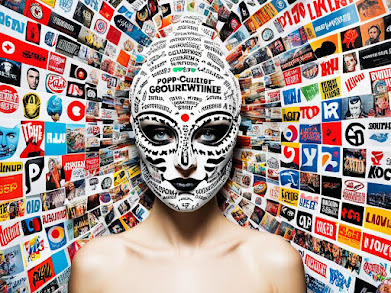The Power of Pop Culture: Is It Good for You?
What Is Pop Culture and Why Does It Matter?
Benefits of Pop Culture
Pop culture is more than just entertainment—it’s a reflection of society, a tool for connection, and a platform for creativity. While criticisms of its commercialization and shallow tendencies are valid, the benefits far outweigh the drawbacks. As Steven Johnson points out, pop culture can sharpen our minds and help us navigate complex ideas. Moreover, movements like the Ice Bucket Challenge and viral phenomena demonstrate its ability to unify and inspire.
At its best, pop culture encourages us to think critically, bridge divides, and embrace shared experiences. Yes, it requires mindful engagement to avoid falling into passive consumption, but when approached thoughtfully, it becomes a powerful force for good. By celebrating its potential and addressing its flaws, pop culture can continue to enrich our lives in meaningful ways






Comments
Post a Comment